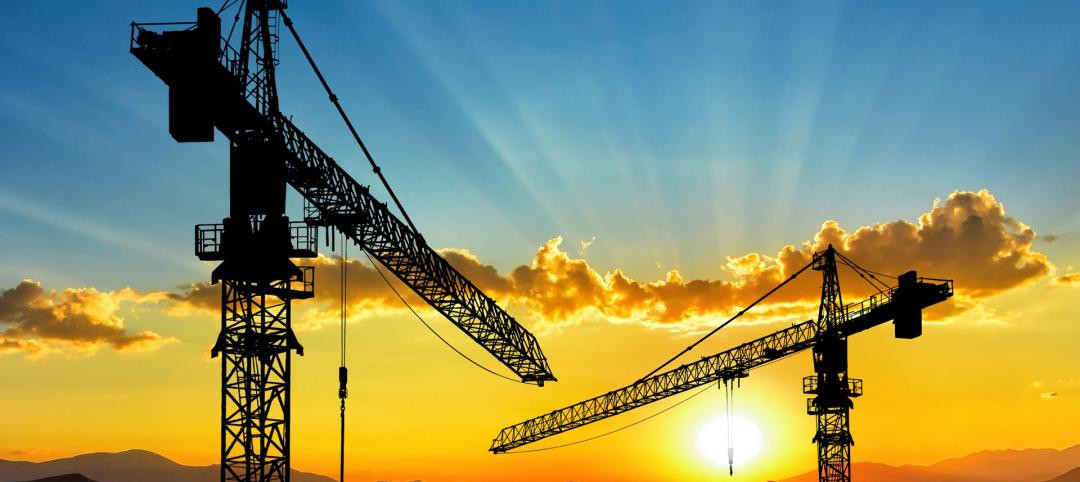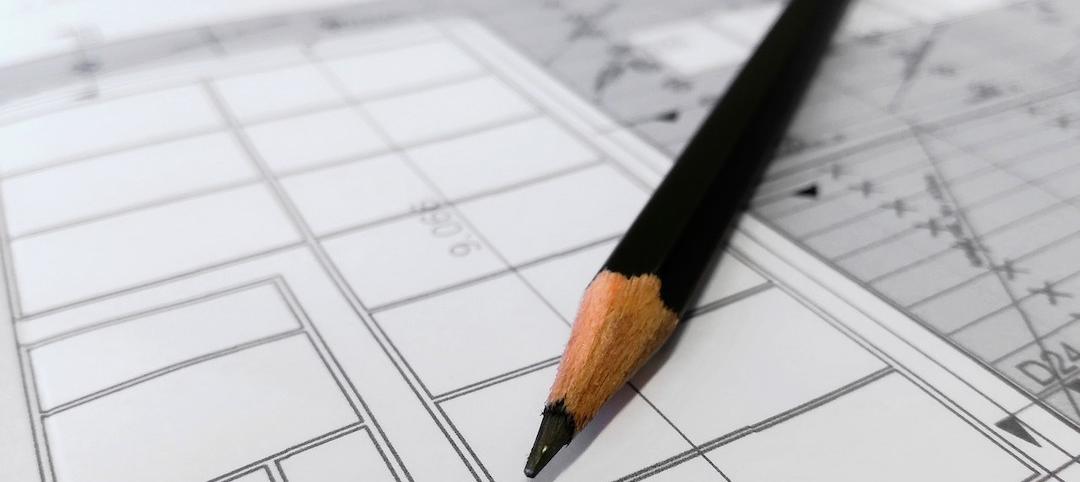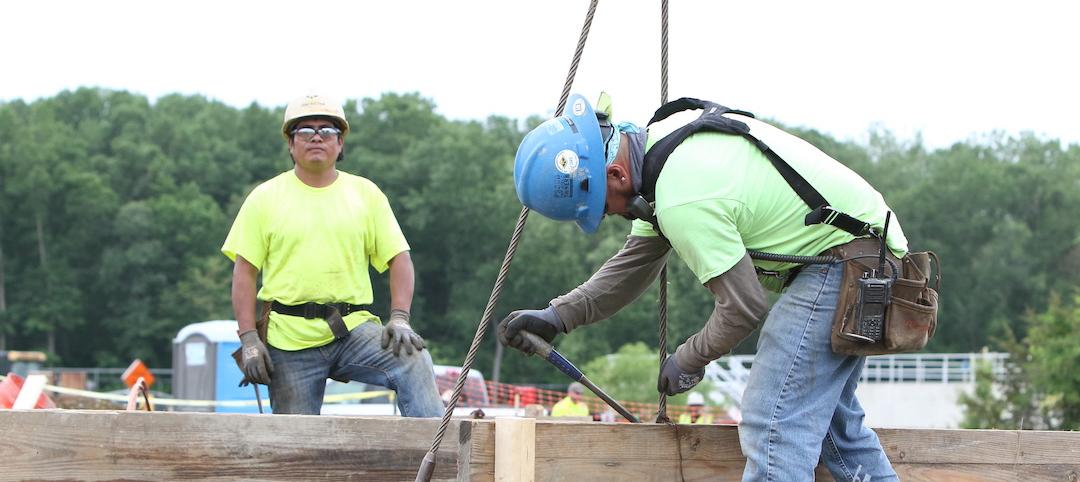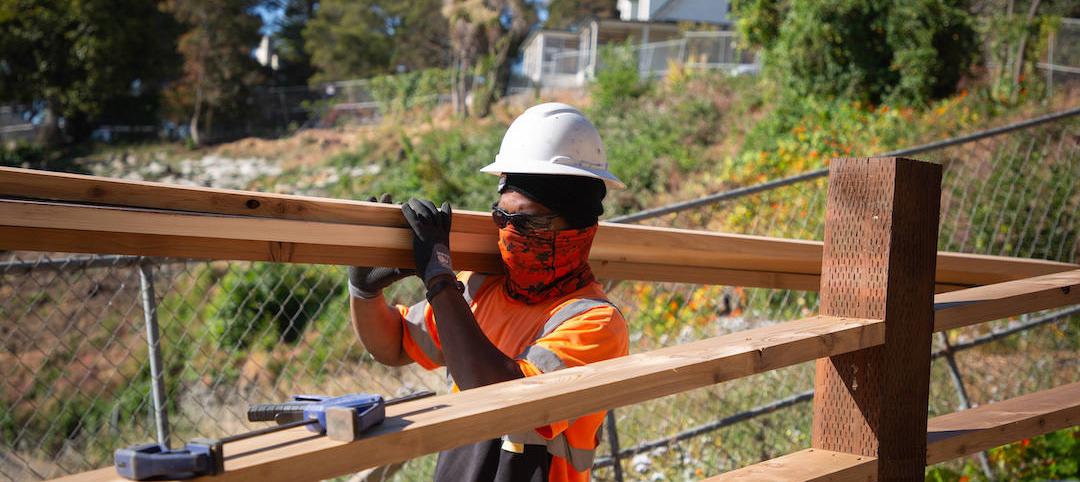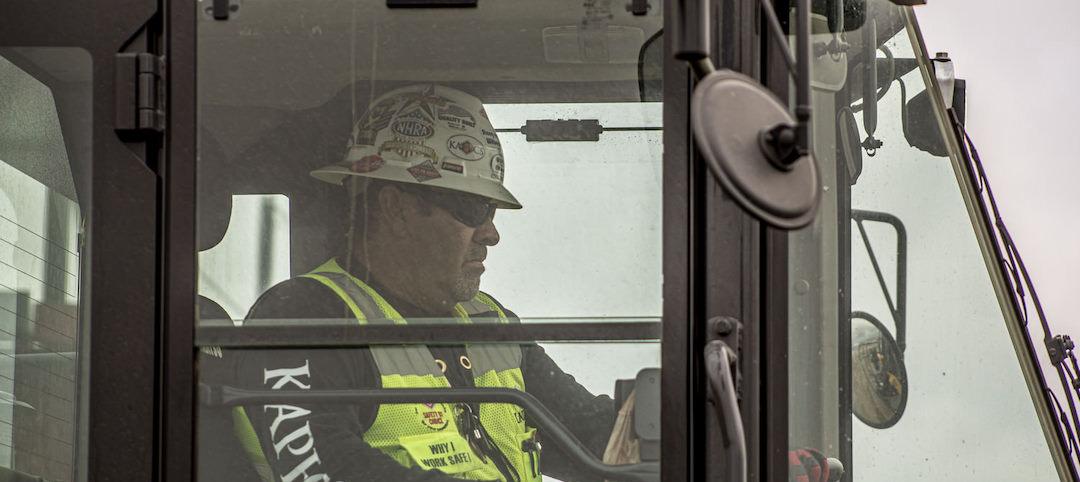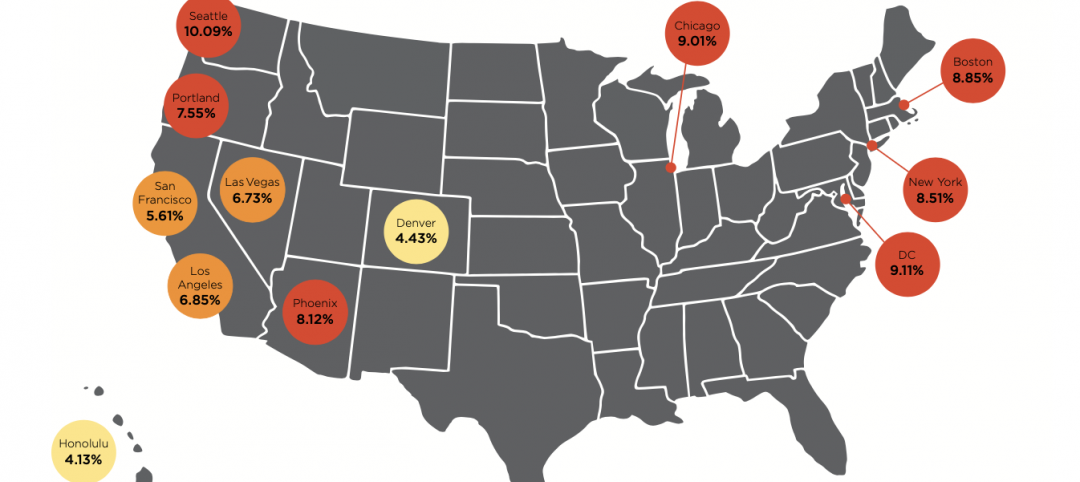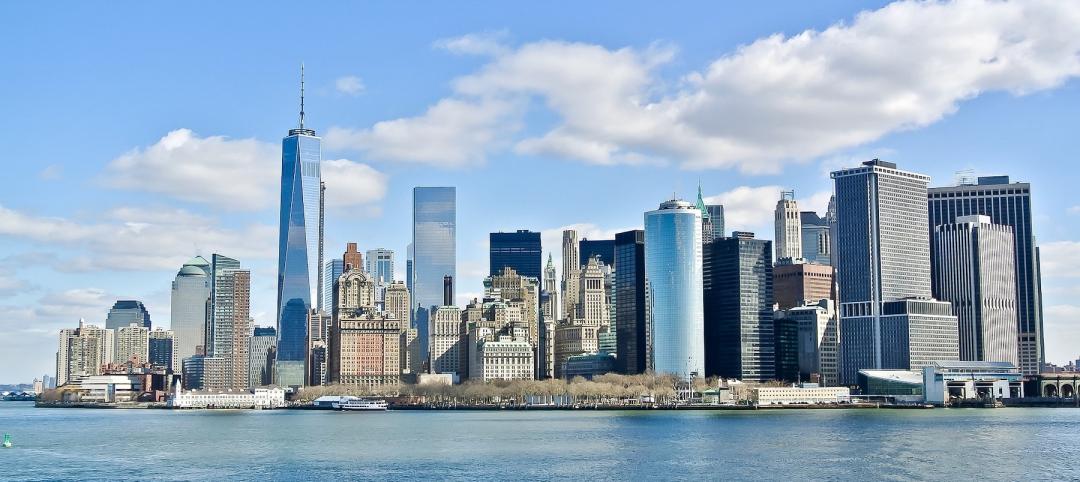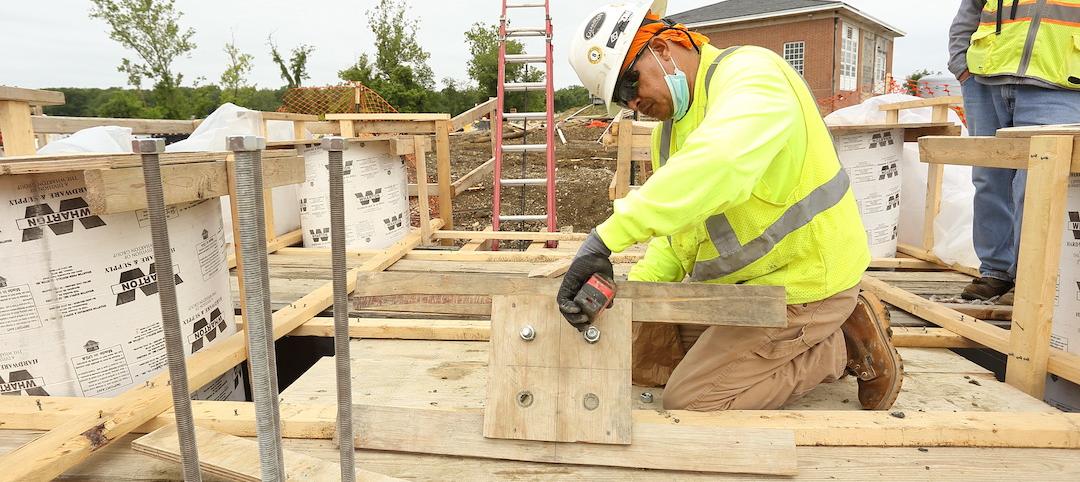The cost of goods used in construction jumped in April at the fastest year-over-year rate since 2011, with ongoing increases for a wide range of building materials, including many that are subject to proposed tariffs that could drive prices still higher and cause scarcities, according to an analysis by the Associated General Contractors of America of Labor Department data released today. Association officials said that the new data indicates many firms are already being squeezed by higher materials prices that they are unable to pass along to their customers.
"Contractors have started to boost the prices they charge, but they are falling further behind on the cost of materials they buy," said the association's chief economist, Ken Simonson. "This imbalance poses two risks—either contractors will suffer decreased profit margins or project owners with fixed budgets will cut back on the projects they undertake."
The producer price index for inputs to construction industries, goods—a measure of all materials used in construction projects including items consumed by contractors, such as diesel fuel—rose 1.0% in April alone and 6.4% over 12 months. The year-over-year increase was the steepest since 2011, the economist noted. Meanwhile, the producer price index for nonresidential construction—a measure of what contractors say they would charge to put up a mix of school, office, warehouse, industrial and health care buildings—increased 1.1% for the month and 4.2% year-over-year.
"The gap between the 6.4% rise in the cost of construction goods and the 4.2% increase in prices charged is ominous," Simonson observed. "Unfortunately, the gap may widen further if tariffs or quotas push up costs further for the many steel, aluminum and wood products used in construction."
From April 2017 to April 2018, the producer price index jumped by 11.9% for aluminum mill shapes, 11.0% for lumber and plywood and 7.4% for steel mill products. The U.S. has been in a dispute with Canada over lumber imports, has imposed tariffs on several types of steel and has announced or recently imposed additional tariffs—not reflected in the April price index—on steel, aluminum and numerous Chinese construction products.
Other construction inputs that rose sharply in price from April 2017 to April 2018 include diesel fuel, 41.6%; copper and brass mill shapes, 10.5%; gypsum products, 7.5%; ready-mix concrete, 6.9%; and truck transportation of freight, 6.0%.
Association officials said the Trump Administration's tariffs pose a real threat to the continued growth of the construction industry. As steel, aluminum, and wood prices continue to surge, contractors will be forced to charge more, potentially discouraging or delaying new infrastructure and development projects.
"The new tariffs have the potential to undermine many of the benefits of the President's recently enacted tax and regulatory reforms," said Stephen E. Sandherr, the association's chief executive officer. "Instead of investing their tax savings in new personnel and equipment, many firms are being forced to use them to cover increasing steel and aluminum costs."
View producer price indexes for construction.
Related Stories
Market Data | Jan 27, 2022
Dallas leads as the top market by project count in the U.S. hotel construction pipeline at year-end 2021
The market with the greatest number of projects already in the ground, at the end of the fourth quarter, is New York with 90 projects/14,513 rooms.
Market Data | Jan 26, 2022
2022 construction forecast: Healthcare, retail, industrial sectors to lead ‘healthy rebound’ for nonresidential construction
A panel of construction industry economists forecasts 5.4 percent growth for the nonresidential building sector in 2022, and a 6.1 percent bump in 2023.
Market Data | Jan 24, 2022
U.S. hotel construction pipeline stands at 4,814 projects/581,953 rooms at year-end 2021
Projects scheduled to start construction in the next 12 months stand at 1,821 projects/210,890 rooms at the end of the fourth quarter.
Market Data | Jan 19, 2022
Architecture firms end 2021 on a strong note
December’s Architectural Billings Index (ABI) score of 52.0 was an increase from 51.0 in November.
Market Data | Jan 13, 2022
Materials prices soar 20% in 2021 despite moderating in December
Most contractors in association survey list costs as top concern in 2022.
Market Data | Jan 12, 2022
Construction firms forsee growing demand for most types of projects
Seventy-four percent of firms plan to hire in 2022 despite supply-chain and labor challenges.
Market Data | Jan 7, 2022
Construction adds 22,000 jobs in December
Jobless rate falls to 5% as ongoing nonresidential recovery offsets rare dip in residential total.
Market Data | Jan 6, 2022
Inflation tempers optimism about construction in North America
Rider Levett Bucknall’s latest report cites labor shortages and supply chain snags among causes for cost increases.
Market Data | Jan 6, 2022
A new survey offers a snapshot of New York’s construction market
Anchin’s poll of 20 AEC clients finds a “growing optimism,” but also multiple pressure points.
Market Data | Jan 3, 2022
Construction spending in November increases from October and year ago
Construction spending in November totaled $1.63 trillion at a seasonally adjusted annual rate.




